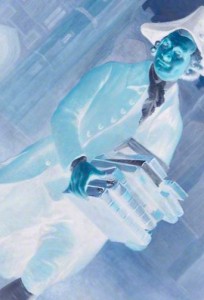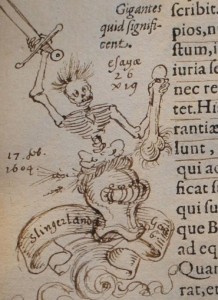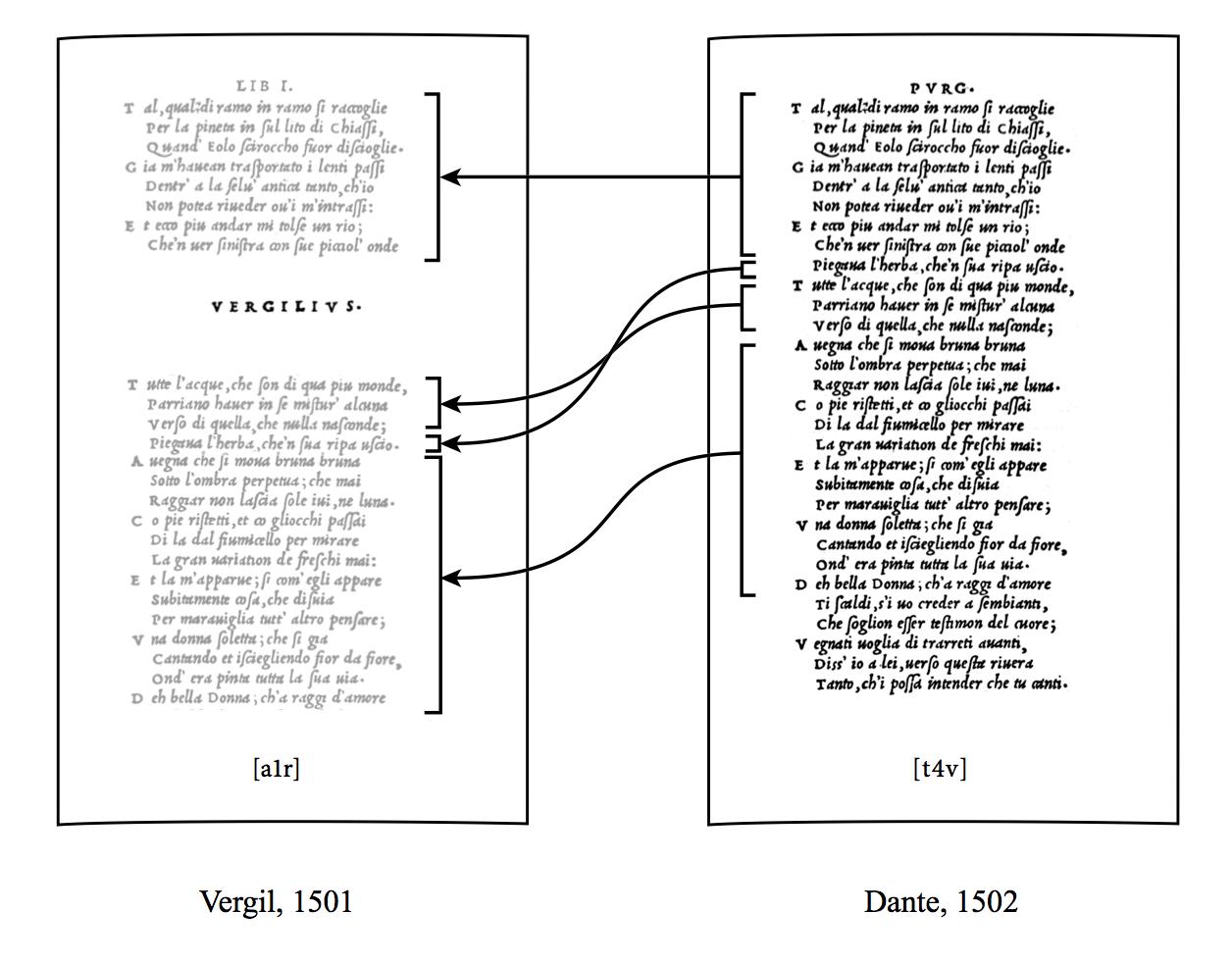Stories in the making: American fiction in magazines since 1960
March 19th, 2016Events; Jason Scott-WarrenA new CMT exhibition in the English Faculty first floor atrium, 9 West Rd
Anxious musings about ‘the fate of reading in the electronic age’ are now commonplace, with most attention focused on perceived threats to the tangible pleasures of the book. Gutenberg elegies are, however, seldom sung for print magazines – perhaps because they were always intended to be ephemeral.
This miniature exhibition, associated with our up-coming symposium Books in the Making <http://www.crassh.cam.ac.uk/events/26185>, focuses on American fiction, and celebrates the mass-market and avant-garde magazines in which some of the best known twentieth-century writers first found a place to publish. Sometimes magazines published extracts from novels, but more often than not they relied on and promoted short stories – complete fictions that were said to appeal to modern readers because (as one late nineteenth-century editor put it) they could ‘be taken down with a gulp.’
For more than half a century, American magazines – big and small – loved short fiction, which in all sorts of contexts (including Playboy!) provided a powerful enticement for readers and therefore for advertisers.
Today, however, things are different – advertisers and many readers have departed for TV and the internet – and even little magazines struggle to maintain a print presence. While, as Stephen King pointed out in 2007, the high-paying New Yorker remains the ‘holy grail of the young fiction writer’, much original short fiction today is published in web-based outlets. Nonetheless, new media often look back to earlier moments; this year the Evergreen Review, a once venerable print journal, will be relaunched online <http://www.evergreenreview.com/>.
Kasia Boddy and David Winters
 Speakers will include: Richard Fisher (former Managing Director of Academic Publishing at Cambridge University Press), Rupert Gatti (Faculty of Economics/Open Book Publishers), Anne Jarvis (University Librarian, Cambridge University Library), Danny Kingsley (University of Cambridge, Office of Scholarly Communication), Peter Mandler (Faculty of History, President of the Royal Historical Society), Samantha Rayner (Senior Lecturer in Publishing, UCL), Alison Wood (Mellon/Newton Trust Postdoctoral Fellow, CRASSH).
Speakers will include: Richard Fisher (former Managing Director of Academic Publishing at Cambridge University Press), Rupert Gatti (Faculty of Economics/Open Book Publishers), Anne Jarvis (University Librarian, Cambridge University Library), Danny Kingsley (University of Cambridge, Office of Scholarly Communication), Peter Mandler (Faculty of History, President of the Royal Historical Society), Samantha Rayner (Senior Lecturer in Publishing, UCL), Alison Wood (Mellon/Newton Trust Postdoctoral Fellow, CRASSH).
